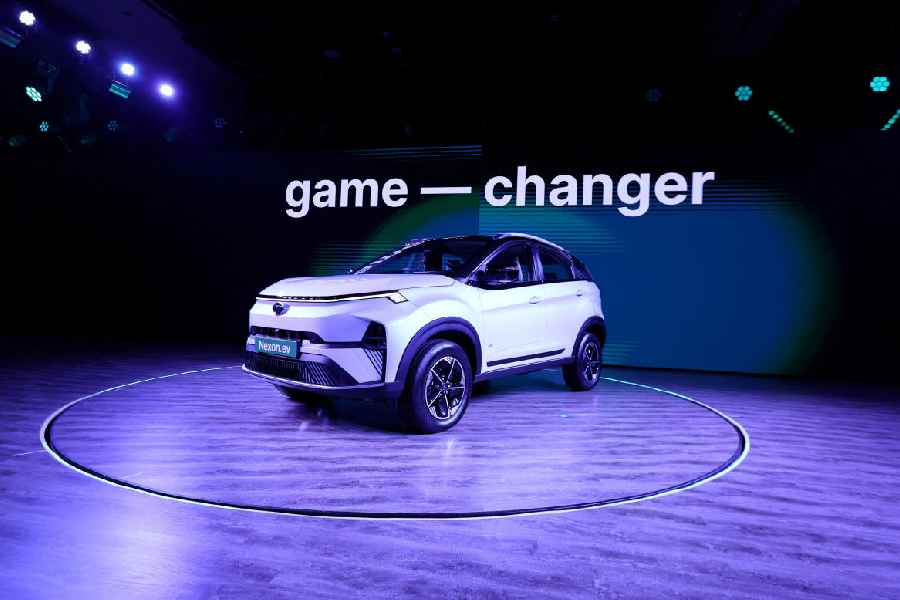The auto industry is unanimous on more government expenditure on infrastructure in the budget but divided on whether to give sops to hybrids or EVs to push the country’s zero emission drive.
“Good infrastructure means good roads, safe travel, people are encouraged to buy safe cars, luxurious cars. There should be no compulsion to reduce capital expenditure on infrastructure,” said Mercedes Benz managing director and CEO Santosh Iyer.
The national objective of transition to zero emission by 2070 is, however, dividing the industry into those who favour a direct leap to electric vehicles (EV)s and who believe electrified vehicles and hybrid vehicles are the mid-term solutions to cleaner emissions before EV adoption takes off.
This has prompted the industry to seek clarity from the government on incentives, with the matter gaining in urgency after the sops announced by the Uttar Pradesh government on hybrid vehicles.
Car makers, who have invested full-fledged in electric vehicles, are asking for a clear commitment from the government on EV taxation for the next five to 10 years.
“I think the government should have a clear road map for transitioning to clean emissions. And they should make clear their long term taxation policy on this. If there is a strong commitment from the government, OEMs (original investment makers) will get the confidence because EV transition involves high investment on technology,” said Iyer.
Tata Motors, which is the leader in EV sales in the country, has expressed its reservations regarding the growing trend of hybrid vehicles, which have sold more than EVs in several months this year.
Tata Motors Group CFO P. Balaji has argued that from a policy perspective hybrids should not be the primary focus of government incentives because hybrids are a temporary solution to cleaner emissions.
Maruti Suzuki India Limited, along with Toyota, is batting for a lower GST on hybrids. “If these ICE vehicles are hybrid vehicles, or they run on clean fuels like CNG, biogas then it will contribute to the twin objective of reducing emissions and lowering import bills,” said Maruti chairman R.C. Bhargava.
“Hybrid is a short- term solution, zero emission only electric vehicles (EV)s can provide,” Iyer said.










